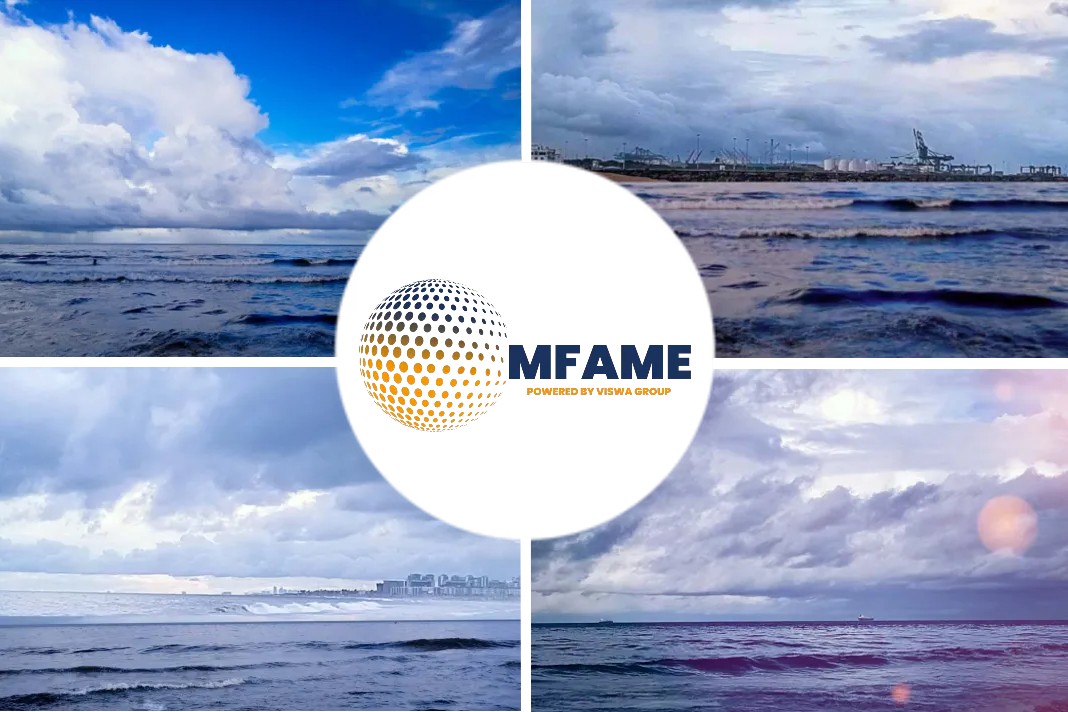According to an Argus Media report, inaccurate bunker delivery notes (BDNs) will become problematic when Covid-19 restrictions ease and port state controls check fuel compliance more rigorously, said the bunker fuel trading firm Integr8 Fuels.
Fewer Compliance Control?
A BDN is the standard document required under the International Maritime Organisation (IMO) Marpol Annex VI, which regulates sulphur emissions. They include information about the fuel supplier, buyer and the fuel’s specifications.
- Authorities such as the UK Maritime and Coastguard Agency have inspected fewer ships during the pandemic than they otherwise would have.
- The IMO said in April it expected Covid-19 restrictions to lead to fewer controls of compliance with its 0.5pc sulphur cap introduced from 1 January this year.
Shipowners To Face Problems?
BDNs with errors, such as wrongly ticked boxes or undocumented fuel samples, can cause shipowners problems when port state controls increase checking for sulphur compliance after the pandemic, according to Integr8 Fuels’ global quality claims manager Chris Turner.
Integr8 BDN data show that 0.5pc fuel oil has an average viscosity of less than 100cst, but sometimes a BDN will show 380cst.
This can lead purifiers to be set up wrongly and could lead to fuel efficiency loss.
- In Hong Kong, BDNs regularly list the density of 0.5pc fuel oil higher than shipowners’ own analysis of their purchased fuel.
- By reporting the fuel density 2pc higher than it actually is in BDNs, sellers can overvalue the fuel by $7/t if the price is $344/t.
- When the listed fuel density is inaccurate it can also result in overfilling or underfilling of a ship’s fuel tank, Turner said.
Compliance with the IMO’s 0.5pc sulphur cap has been high. Argus Consulting estimates it at 98pc in the second quarter.
Did you subscribe to our daily newsletter?
It’s Free! Click here to Subscribe!
Source: Argus Media

























